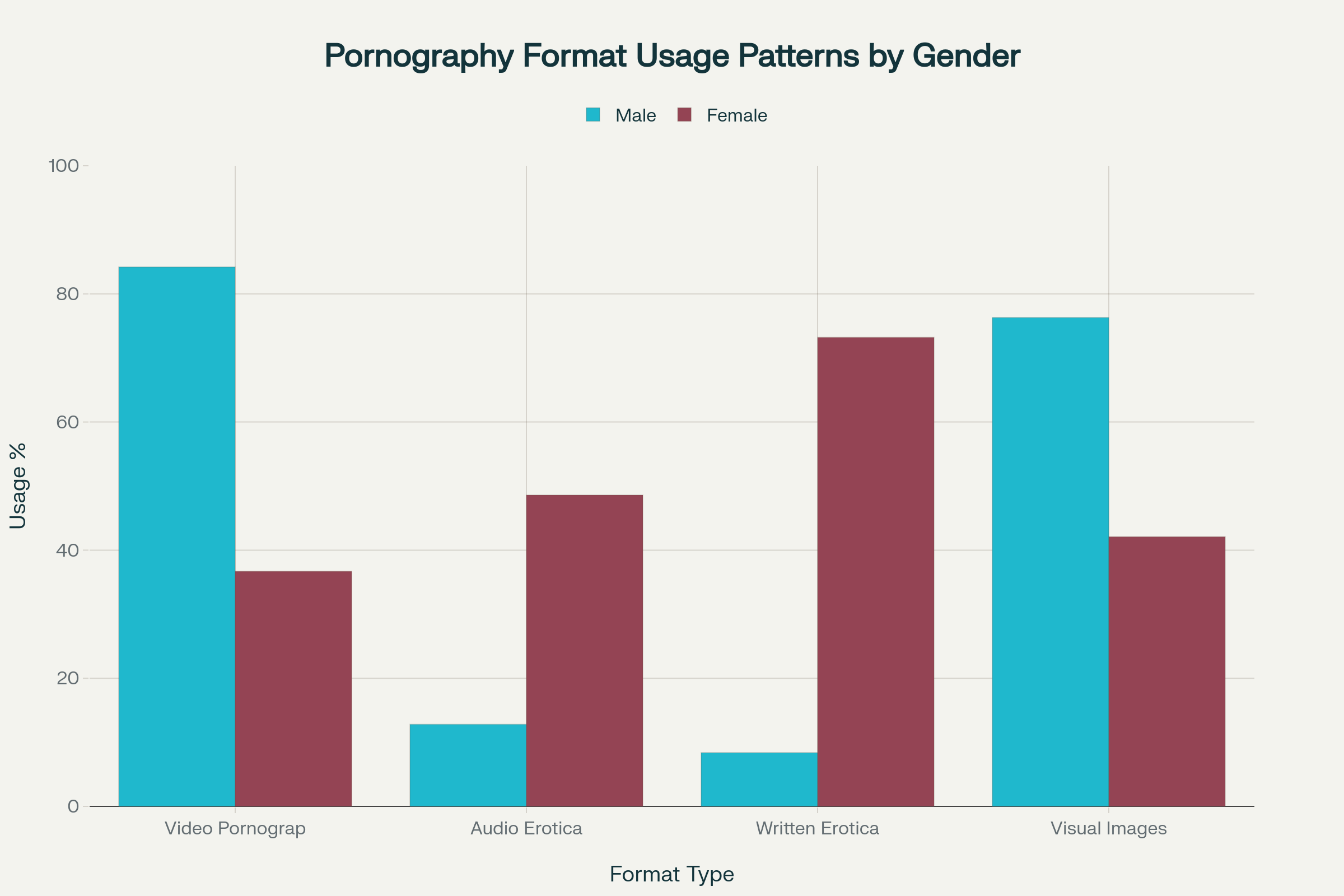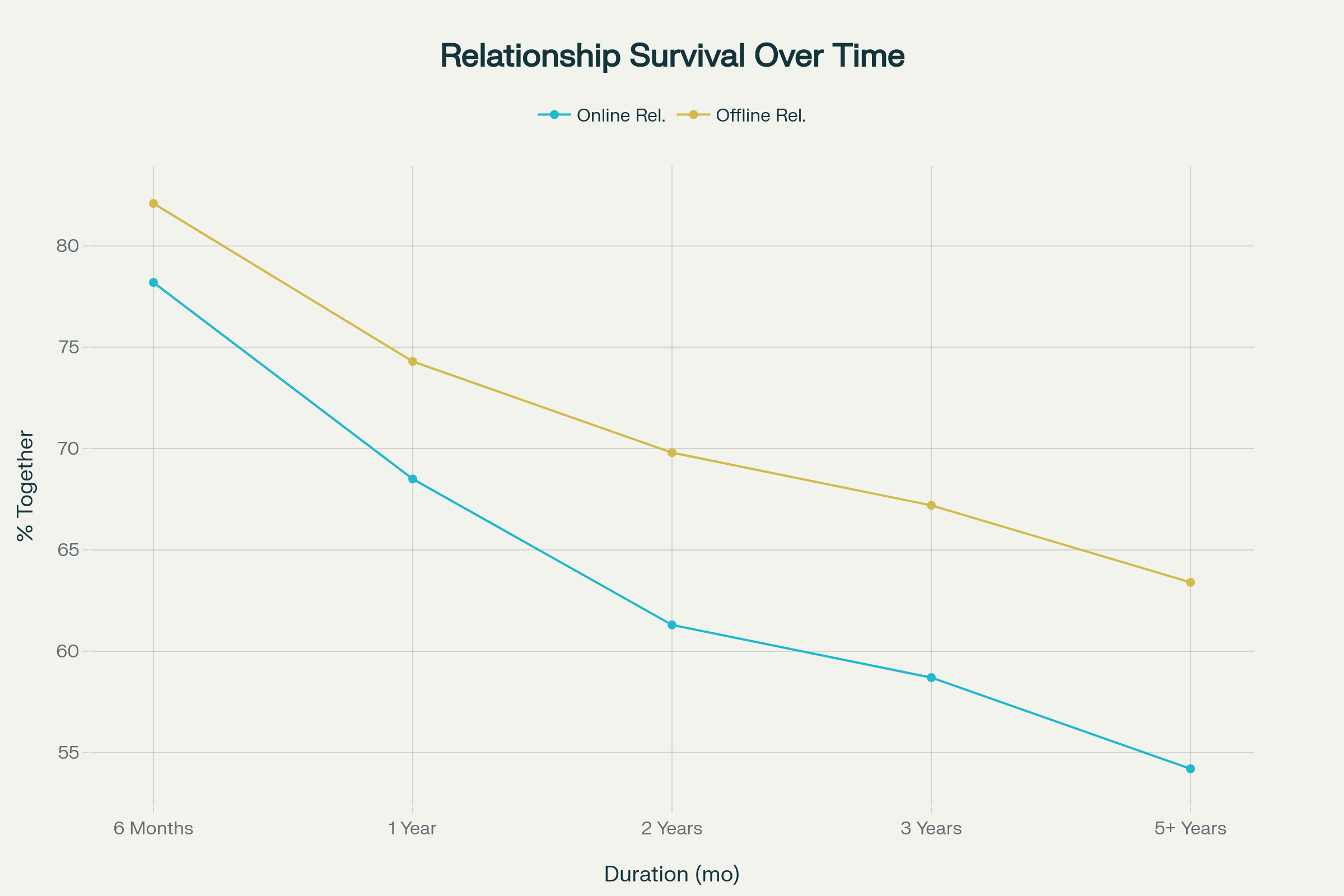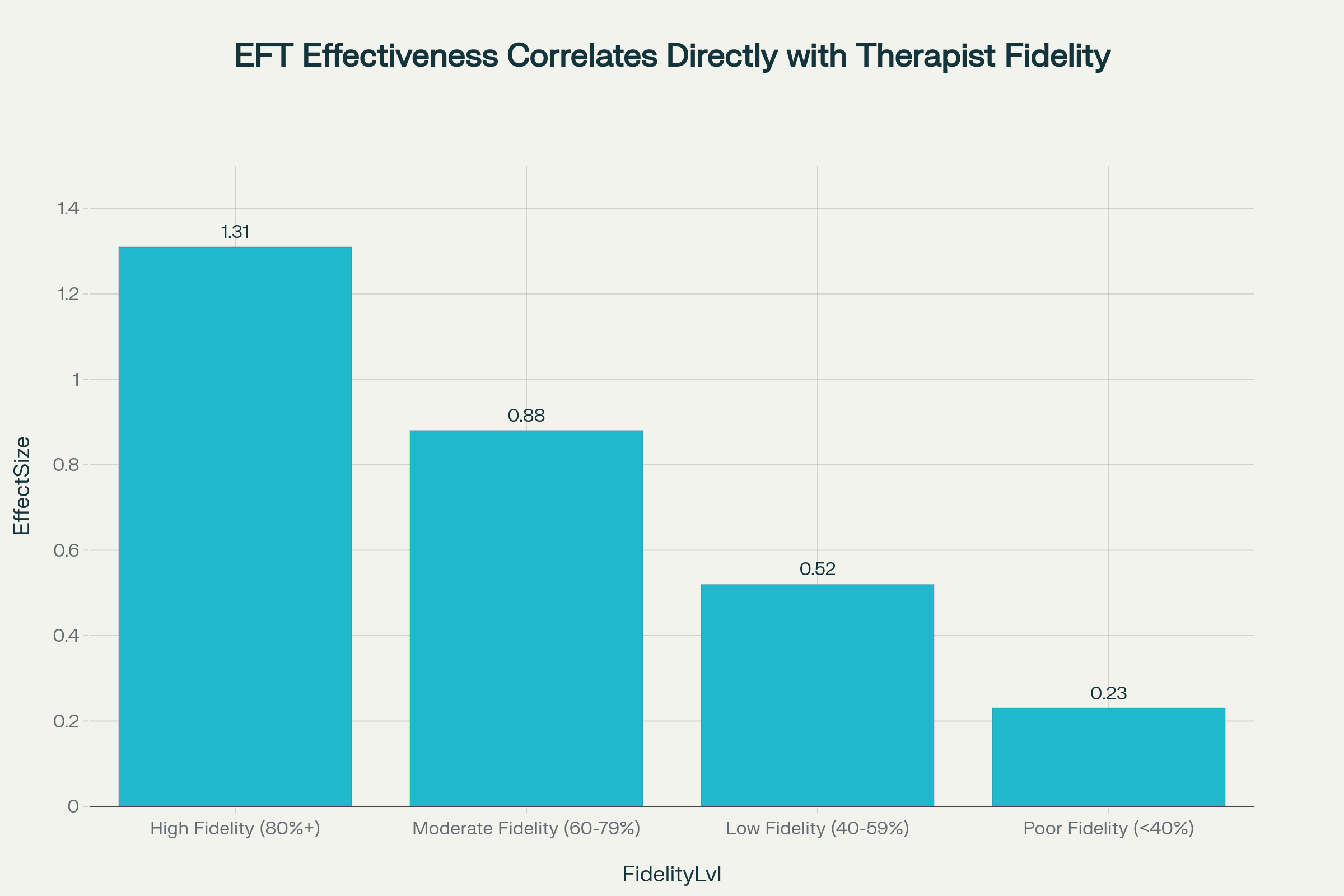After a big fight, saving a relationship is possible with intentional actions focused on communication, emotional recovery, and rebuilding trust. Key steps include effective conflict recovery, open communication, and adopting adaptive coping strategies.
Conflict Recovery and Communication
- Effective Recovery from Conflict: Taking time to cool down and disengage from negative emotions predicts higher relationship satisfaction and stability. Partners who recover well from arguments help buffer the relationship against long-term damage, even when insecurity is present.
- Open, Safe Communication: Techniques like the Speaker–Listener method, setting ground rules for discussions, and understanding each other's perspectives help prevent misunderstandings and reduce the risk of repeated destructive patterns.
- Avoid Withdrawal: Withdrawing or giving the silent treatment—especially as punishment—leads to worse emotional recovery and lower relationship satisfaction for both partners.
Coping Strategies and Emotional Adjustment
- Adaptive Coping Strategies: Maintaining a positive attitude and focusing on problem-solving are linked to better emotional adjustment and improved relationships after conflict. Rumination and avoidance, by contrast, increase distress and hinder recovery.
- Forgiveness and Meaning-Making: These are crucial for reconciliation, especially after serious breaches like infidelity. Acts of kindness, seeking counselling, and working together to rebuild trust are common among couples who successfully repair their relationship.






